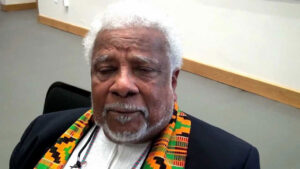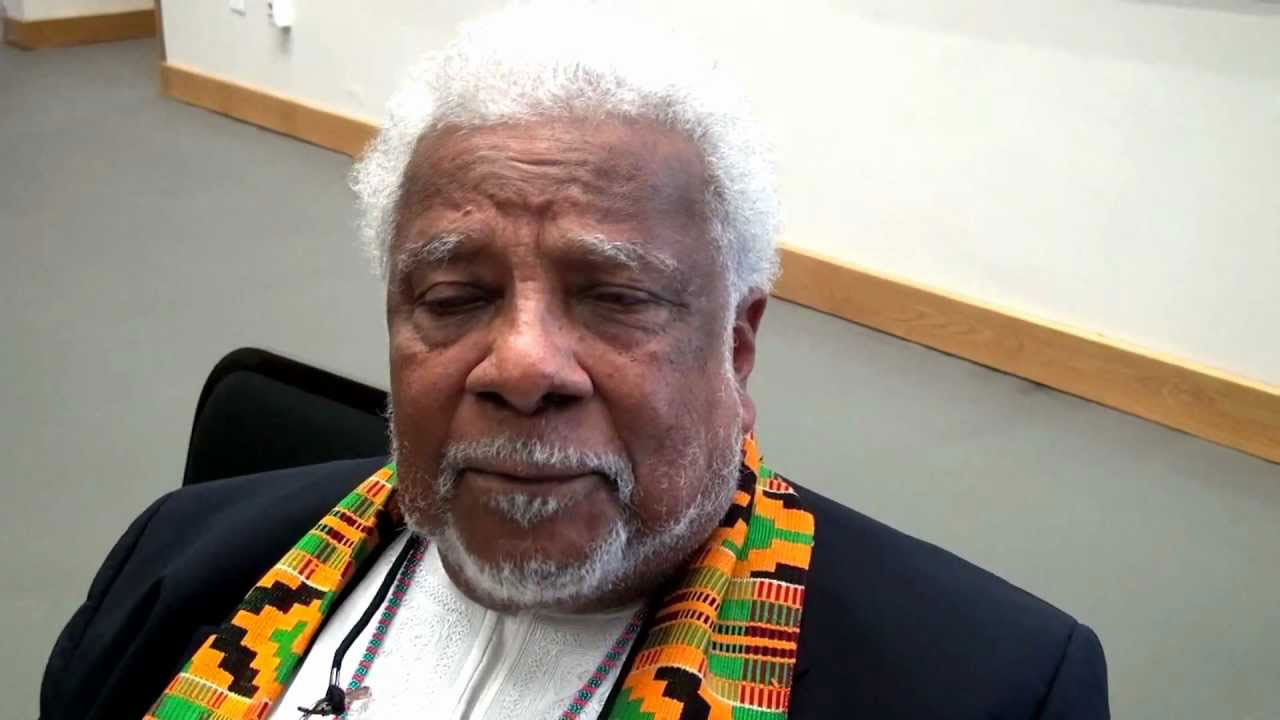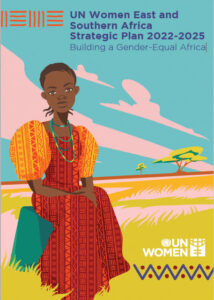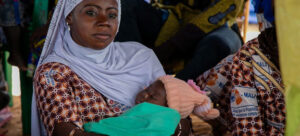
Biodiversity, Climate Action, Climate Change, Climate Change Finance, Climate Change Justice, Conferences, COP29, Development & Aid, Editors’ Choice, Energy, Environment, Featured, Global, Headlines, Human Rights, Sustainability, Sustainable Development Goals, TerraViva United Nations

Moisés Savian, Brazil’s Secretary of Land Governance, Territorial and Socio Environmental Development at COP29. He looks forward to COP30 which will be held in his country. Credit: Umar Manzoor Shah/IPS
– As Brazil gears up to host COP30 in Belém next year, Moisés Savian, the country’s Secretary of Land Governance, Territorial and Socio Environmental Development, outlined the event’s significance in showcasing Brazil’s environmental policies and fostering global collaboration.
In an interview with IPS, Savian highlighted Brazil’s progress under President Lula’s administration and outlined the country’s aspirations for the upcoming climate conference.
The 2025 UN Climate Change Conference (UNFCCC COP30) is scheduled for November 2025 in Belém, Brazil. This event will feature the 30th session of the Conference of the Parties (COP30), the 20th Meeting of the Parties to the Kyoto Protocol (CMP20), and the seventh Meeting of the Parties to the Paris Agreement (CMA7). Additionally, it will include the 63rd sessions of the Subsidiary Body for Scientific and Technological Advice (SBSTA63) and the Subsidiary Body for Implementation (SBI63).
A Moment to Shine
“The next COP is a significant opportunity for Brazil. Our nation is blessed with immense natural resources, diverse ecosystems, and cultural richness. Hosting this event allows us to highlight our environmental policies and contribute meaningfully to the global dialogue on climate action.”
Savian said that past COPs held in nations like Dubai and Azerbaijan were remarkable in their own right but Brazil’s edition will be distinct.
“Brazil’s unique societal fabric, comprising contributions from people across the globe, coupled with its vast ecological diversity—from the Amazon to the Cerrado—will add an unparalleled dynamism to COP30,” he said.
Achievements in Environmental Protection
Savian says that under President Lula’s administration, Brazil has made significant strides in reducing deforestation and transitioning toward sustainable agriculture. “In the past year alone, we have reduced deforestation by 30 percent in the Amazon and 25 percent in the Cerrado. These achievements reflect our commitment to protecting our vital biomes.”
In the agricultural sector, Brazil is heavily investing in an ecological transition to reduce emissions.
In 2023, Brazil revised its Nationally Determined Contribution (NDC) and enhanced its climate ambitions, committing to a 53 percent reduction in emissions by 2030. The country aims to position itself as the first G20 nation to achieve net-zero emissions while fostering job creation and economic prosperity. Brazil is also finalizing its 2035 emissions reduction targets, focusing on combating deforestation, promoting sustainable agriculture, decarbonizing industries, implementing nature-based solutions, expanding renewable energy sources, advancing sustainable transportation, and developing the bioeconomy. However, despite these initiatives, Brazil’s climate plans have received only a fraction of the necessary funding to meet its ambitious goals.
According to Savian, focusing on traditional and indigenous populations, ensuring their rights and territories are preserved is extremely important. “We are formulating a specific national plan for family farming, which constitutes the majority of our rural population. These communities are often the most affected by climate extremes, so targeted public policies are essential.”
Global Responsibility and Support
Savian also addressed the role of developed nations in supporting climate adaptation and mitigation in countries like Brazil. He outlined four key areas where global cooperation is essential.
Financing Climate Action- Developed countries must deliver on their promises to fund climate initiatives. Technological Support- Advanced technologies from these nations can aid in decarbonizing economies like Brazil’s. Sustainable Consumption- A focus on low-carbon products and sustainable supply chains is crucial. And Knowledge Exchange-Collaboration in research and capacity-building is vital for global progress.
“Less than 1 percent of global climate financing currently reaches family farmers and traditional communities. This needs to change. While funding is critical, so too are clear criteria for its allocation and ensuring it reaches those who need it most.”
Challenges and Priorities for COP29
Commenting on COP29, Savian expressed concerns about slow progress in implementing commitments. He stressed the need for tangible outcomes in three key areas Climate Financing—establishing actionable frameworks and ensuring funds reach grassroots communities; finalizing regulations to operationalize carbon trading and monitoring mechanisms, including setting up indicators to track progress and results.
“Without a focus on family farming and food system transformation, there can be no just transition,” he said.
Brazil’s Vision for COP30
Savian expressed confidence in Brazil’s readiness to host COP30, acknowledging the logistical challenges posed by Belém, a city of 1.5 million people.
“Despite these hurdles, we are committed to showcasing Amazon to the world. This will be a chance for global leaders and citizens to engage with the heart of Brazil’s environmental efforts.”
He also highlighted Brazil’s track record of successfully hosting major international events under President Lula’s leadership. “We aim to make COP30 a transformative experience that advances climate goals and deepens global appreciation for Brazil’s biodiversity and environmental stewardship,” Savian said.












